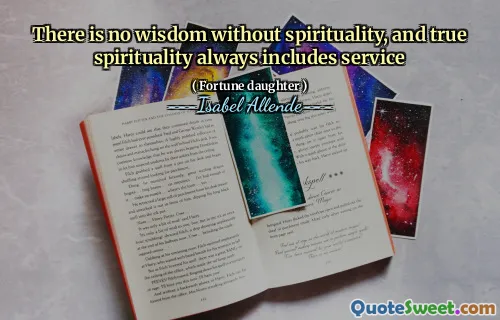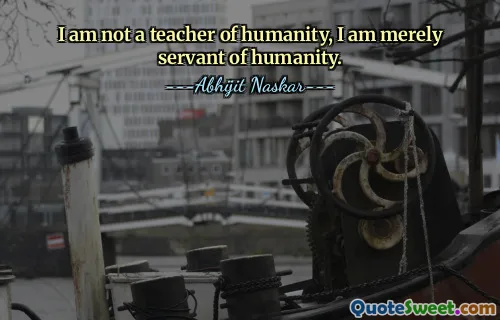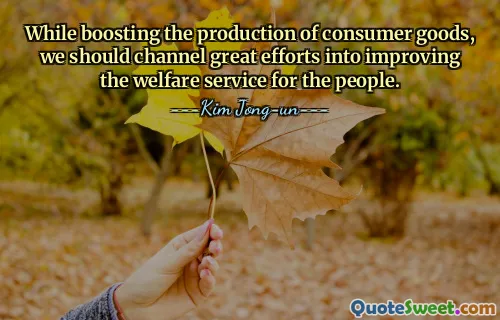If we had lost our own chief good, other people's good would remain, and that is worth trying for.
In George Eliot's "Middlemarch," the notion of sacrifice and moral duty is explored through the characters' interactions and choices. The quote highlights a profound philosophical idea: even in the face of personal loss, one can find purpose in striving for the welfare of others. This reflects a key theme in the novel, where individual aspirations often intersect with the well-being of the community, suggesting that contributing to the greater good is a noble endeavor.
The statement underlines the importance of resilience and selflessness, proposing that even if one faces personal challenges, the opportunity to aid others remains valuable. Eliot's exploration of these complex relationships invites readers to consider the impact of their actions on the collective good. Thus, the pursuit of other people's happiness can serve as a means of finding meaning, emphasizing the interconnectedness of personal and communal welfare.




